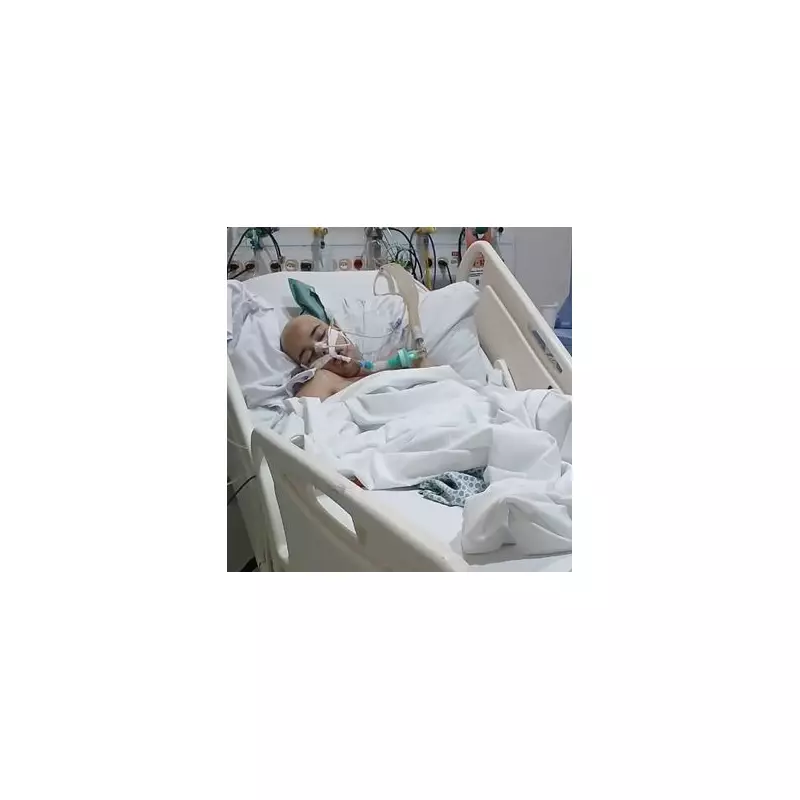
When 31-year-old Michaela Hollywood began feeling unwell, she assumed it was a simple Urinary Tract Infection. Her local GP agreed, prescribing a course of antibiotics and painkillers. But within days, Michaela's condition deteriorated at a terrifying speed, revealing a catastrophic medical misdiagnosis that nearly cost her life.
Rushed to the Royal Victoria Hospital in Belfast, doctors delivered the devastating news to her family. Michaela was in septic shock—a life-threatening response to an infection—and had just 24 hours to live. "My family were told to prepare for the worst," Michaela recalls, the memory still raw.
The Silent Killer: Sepsis Symptoms Everyone Must Know
Sepsis is a medical emergency that arises when the body's response to an infection injures its own tissues and organs. It can lead to shock, multiple organ failure, and death if not recognised early and treated quickly. Michaela's initial symptoms were cruelly misleading.
"I had pain in my side, I was being sick, and I had a temperature," she explains. These are classic, yet often overlooked, signs of sepsis creeping through the body.
A Fight For Life Against All Odds
Defying her grim prognosis, Michaela began a fierce battle for survival. She spent weeks in the High Dependency Unit, her body fighting the rampant infection. Her recovery was nothing short of miraculous, but it came with a lasting price.
The sepsis caused irreparable damage, leaving Michaela with a permanent disability. She now relies on a wheelchair for mobility, a constant reminder of her brush with death.
A Crusade for Awareness and Change
Today, Michaela channels her experience into a powerful mission: to raise awareness about sepsis and prevent others from suffering a similar fate. She works closely with the charity Sepsis Research FEAT, advocating for better recognition of symptoms among both the public and medical professionals.
"I was one of the lucky ones, I survived," Michaela states. "But so many don't. We must get better at spotting sepsis early. It's the difference between life and death."
Her story is a stark warning and a powerful testament to human resilience, highlighting the critical importance of listening to our bodies and seeking help when something feels seriously wrong.





